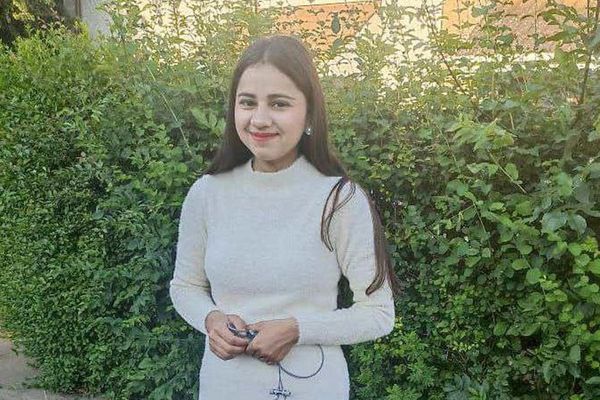
“Funny Farm: My Unexpected Life with 600 Rescue Animals” by Laurie Zaleski (St. Martin’s Press)
As its title promises, Laurie Zaleski’s memoir about how she came to found and run a large animal rescue farm in southern New Jersey is funny.
It's also moving, a big-hearted twin narrative of animal and human resilience.
Zaleski alternates the stories of some of the Funny Farm's most colorful animal characters with her own family's turbulent history and escape from domestic violence. She recounts the cruelty and abandonment that lie behind both narratives, but answers it by describing and practicing compassion, loyalty and love.
The idea for the Funny Farm began with Zaleski's mother, Annie, who left her abusive husband when Laurie was 5. Annie took her three young kids to the only place she could find: a shack in the woods without running water or electricity. It was quite a reversal: In the life she left behind, Annie had three houses, a nanny and a housekeeper (though her husband hadn’t allowed her a credit card or driver’s license).
The mother and children struggle with poverty, and Laurie with feelings of shame and rejection (pressed by a teacher, she has to admit in class that her family doesn’t have a telephone). Yet she also watches as her mom builds a more authentic and independent life for herself, working in a succession of low-paying jobs but modeling toughness and optimism.
One of those jobs is cleaning cages at Animal Control. That’s when soft-hearted Annie starts bringing home “the desperate cases,” at first dogs and cats and then farm animals and more. She tackles the hardest, dirtiest farm chores (always wearing makeup though).
Laurie’s “pitiless” father, meanwhile, continues to harass them.
As for the animals, they too are survivors who have made it through trauma to find new lives and bonds. There’s the steer who’s inconsolable without his alpaca buddy nearby; the diva chicken; the horse who welcomes visitors; the blind cat and her devoted seeing-eye duck.
“Tens of thousands of children visit the Funny Farm each year, and we don’t share full details of our animals’ sad pasts because it could be upsetting for these young visitors,” Zaleski writes. “What we do tell them is that each of the animals living here is a rescue and each has found a home, a happy ending, and lots and lots of brothers and sisters.” On the farm, she says, “kids can see and appreciate them as they are, untroubled by their sad past.”
Zaleski dedicates the book to her mother, for whom she bought the current 15-acre Funny Farm in Mays Landing, New Jersey, with money from Laurie's own graphic design business. Although she always imagined she’d go back to that career, her mother’s dream ultimately became hers.
“It was the happiest of accidents,” she writes. Eventually, she turned the farm into a non-profit charity so she could care for more of the animals who continue to be brought to her door.
“Funny Farm's” story makes an enjoyable read for animal lovers and anyone interested in a true story of a generous and unconventional life.







